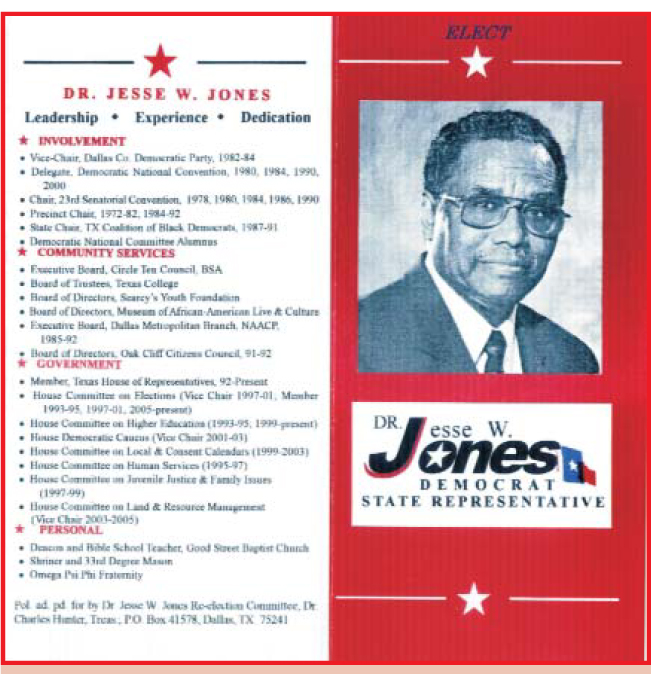From school board to state senate: Running for office
DOI: 10.1063/1.2947643
Ever considered running for the school board? City council? State legislature? Some 70 scientists and engineers attended a workshop last month to learn about campaigning for local office. The 10 May event was held at Georgetown University and was sponsored by 10 professional organizations, including the American Physical Society and the American Institute of Physics (AIP).
The idea, says APS associate executive officer Alan Chodos, “is to give practical information to practicing scientists and engineers who might be interested in running for local office. That, plus [give them] the feeling there is a community of people who will support them as they go ahead.”
“My presentation was about the steps to put a campaign together,” says Dean Levitan of the consulting firm MSHC Partners. “The mechanics of a campaign include raising money and communications–advertising, websites, blogging, town hall meetings, door to door. It’s 98% elbow grease, 2% creativity.” Other presenters included Kevan Chapman, communications director for physicist and Representative Vernon Ehlers (R-MI), and Joe Trippi, who ran Howard Dean’s and John Edwards’s presidential campaigns.
“Scientists and engineers have a lot to contribute, with their logical thinking, seeking of facts, analysis, and ability to make decisions once the facts are known,” says AIP governing board chair Louis Lanzerotti, who since 1994 has been a member of the township committee where he lives in New Jersey and is currently the mayor. On a panel at the workshop, he says, “I cited cases where bringing fact-finding to an issue was important. For example, here in my township we are looking at issues related to the possible installation of athletic fields. There is a lot of controversy over artificial turf–lead content, runoff, is it healthy for young children to rub it…. There are all kinds of questions that involve looking at data.”
Another panelist was Baylor University chemist Jesse Jones, who served seven terms in the Texas House of Representatives until he was defeated two years ago. “It’s important to have a prior interest in politics, or to have some burning issues that would kind of propel you into it,” he says. “You can’t apply the scientific method [to legislation], but there is an attitude that is common among scientists, and it does give us an edge.”
“I don’t know if I’ll run for any office. But [the workshop] did make me want to be more politically active,” says Griselda Zuccarino-Catania, a graduate student in immunology at Yale University and president of her student chapter of Scientists and Engineers for America, one of the organizations that sponsored the workshop.

A campaign flyer from one of chemist Jesse Jones’s runs for the Texas House of Representatives.


Scientists who have successfully campaigned for elected office served on a panel at a recent workshop. From left are Louis Lanzerotti, David Westerling, APS director of public affairs and panel moderator Michael Lubell, Jesse Jones, and Nancy Cline.
BRAIN M. MOSLEY, AMERICAN PHYSICAL SOCIETY

More about the authors
Toni Feder, tfeder@aip.org





